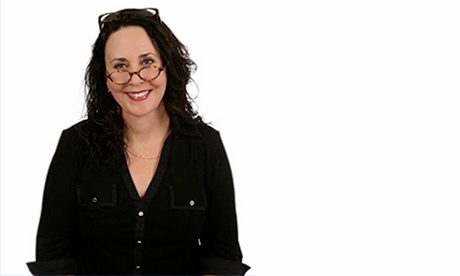The #MeToo movement, launched by activist Tarana Burke 10 years ago, went viral in October after actress Alyssa Milano and other prominent women publicized it, and after countless women (and a few men) published the hashtag on their social media pages to indicate that they had been sexually harassed or violated at some point in their lives.
This is such a common occurrence in the lives of women that few were startled at the sheer numbers of #MeToo postings.
Live long enough while being female and it will happen to you.
#NotMe is a movement that will never catch on.
What is different this time is that more men are listening, that accused men who were protected by their prominence are nonetheless being shamed and getting fired, and that the white-hot spotlight is trained on the entertainment industry.
Time magazine’s persons of the year for 2017 were the Silence Breakers, women who “finally” blew the whistle on men who abused women who worked for them.
“Finally,” because in nearly every case, the offensive behavior had long been discussed in certain circles, just not told to all of America.
The titillation of those perpetrator names also being household names drove the movement, which would not have taken off at all had the names been those of guys who lived down the street.
But here’s the thing.
Statistically, sexual harassment is probably no more prevalent in film studios than it is in politicians’ offices and national sports league locker rooms and newsrooms and restaurant kitchens, and no more prevalent among famous, powerful men than among the men working where you work.
A 2015 survey by Cosmopolitan magazine found that 1 in 3 women is sexually harassed at work.
An October 2017 ABC News-Washington Post poll reports sexual harassment at epidemic proportions, happening to more than half of all women.
That’s 33 million American women, and 95 percent of them report that the perpetrators go unpunished.
Most harassers are coworkers, clients, customers, and managers, in that order.
Harassment is most common in food service and hospitality, retail, and arts and entertainment in a tie with STEM industries (science, technology, engineering, and math).
It’s bad in entertainment because it’s bad everywhere.
All those numbers are far too low, claims the U.S. Equal Employment Opportunity Commission (EEOC), estimating that what’s reported is only one fourth of the reality.
Harassment is bad business, costing companies millions in job turnover, sick leave, and decreased productivity.
And, adds the EEOC, sexual harassment seminars are colossally ineffective.
The reason seminars don’t work is the reason women speaking up doesn’t typically work. Continue reading
- Pamela Hill Nettleton is an assistant professor at Marquette University, where she teaches media studies and journalism and researches domestic violence coverage in media as well as masculinity and gender in media.
- Image: St Lawrence University
News category: Analysis and Comment.




